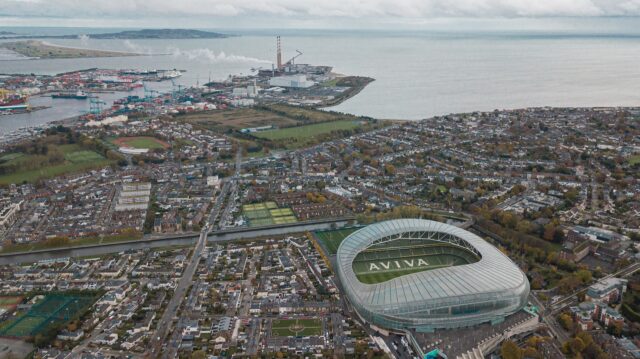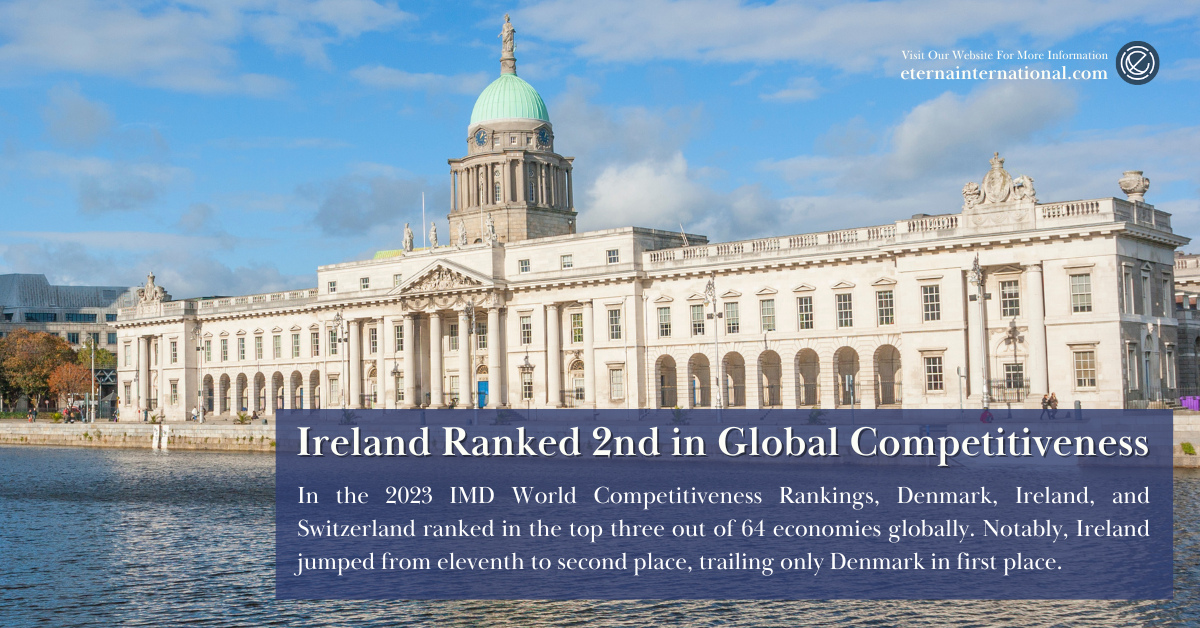The IMD World Competitiveness Center in Lausanne, Switzerland, released its 35th annual World Competitiveness Rankings. Since 1989, IMD has evaluated the competitiveness of economies worldwide based on four indicators: economic performance, government efficiency, business efficiency, and infrastructure (a total of 336 sub-indicators).
Overall, the IMD World Competitiveness Report provides a comprehensive and relatively objective international perspective to analyze the development of the world economy and society and the competitiveness of different countries. In the 2023 IMD World Competitiveness Rankings, Denmark, Ireland, and Switzerland ranked in the top three out of 64 economies globally. Notably, Ireland jumped from eleventh to second place, trailing only Denmark in first place.
Ireland’s significant rise in rankings is primarily due to its strong economic performance. Despite the financial volatility caused by the COVID-19 pandemic, Ireland’s economy demonstrated strong resilience and ranked first in the economic performance evaluation.
The competitiveness of countries or regions is primarily scored based on the following four areas, listed from highest to lowest:
- Economic Performance (Ireland ranked #1)
- Government Efficiency (Ireland ranked #3)
- Business Efficiency (Ireland ranked #3)
- Infrastructure (Ireland ranked #19)

Ireland’s IDA expects the country’s investment momentum to continue.
According to a report by the Irish Observer on July 6, the Irish Investment Development Agency (IDA) recently released its annual report for 2022 and mid-year performance report for 2023. In 2022, Ireland secured a record 242 foreign direct investments. In 2023, despite significant global economic challenges, performance in the first half of the year remained on par with the previous year. The IDA anticipates investment will remain strong in the year’s second half.
The report revealed that since January 2023, Ireland has secured 139 foreign direct investments, expected to create over 12,000 jobs. Out of these 139 investments, 52 are first-time investments in Ireland. Announced investments include Siemens Healthineers’ new research and development center in Swords (expected to create 100 jobs), ABB’s five-year investment plan in Dundalk (investing 300 million euros, potentially creating 1,000 new jobs), and PepsiCo’s investment in Cork (investing 127 million euros to expand its R&D campus and increase production capacity).
Through the IIP, investors can settle in Ireland and gain residency in the European Union (EU). This enables them to move freely among the EU’s 27 member states, further expanding their business and life horizons. Given Ireland’s strong economic performance and stable investment environment, investors will have the opportunity to share in the returns of this vibrant and potential-filled market.




